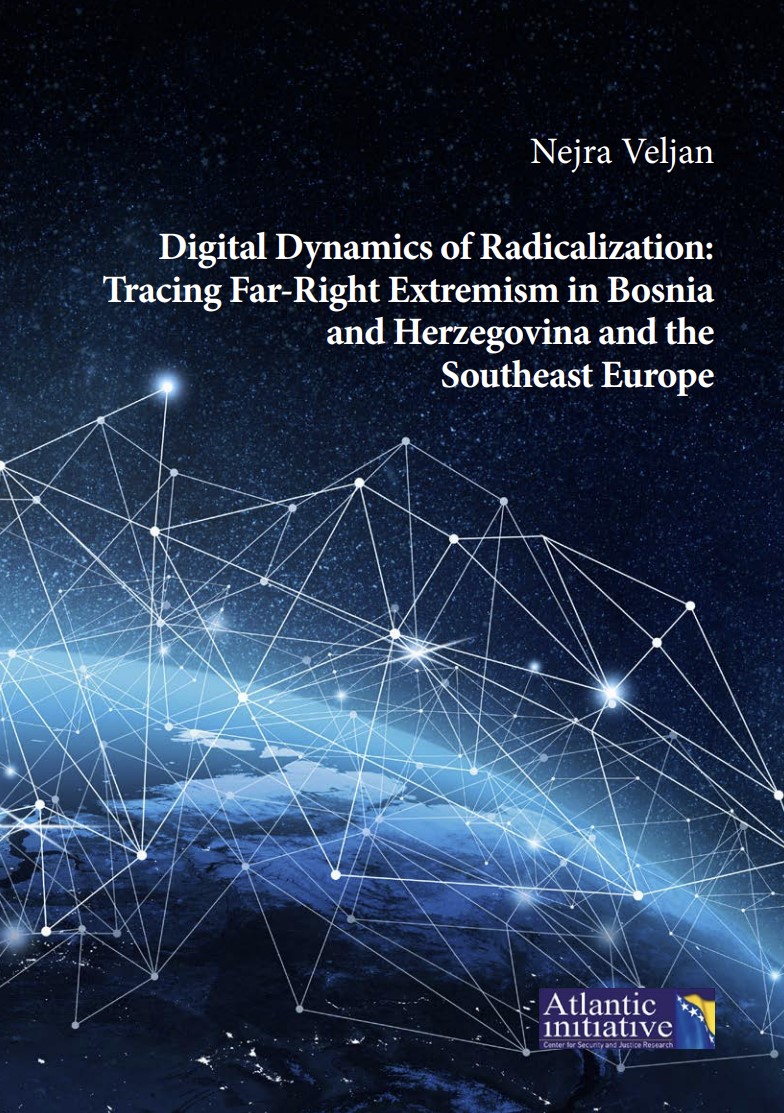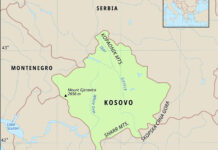The paper presents a thorough examination of the digital proliferation of far-right extremism, a phenomenon that gained global attention following the tragic Christchurch attack in March 2019. The attack underscored the role of social media in broadcasting violent extremist content, prompting international responses such as the Christchurch Call to eliminate terrorist and violent extremist content online. Despite these efforts, the paper argues that far-right content remains resilient, often migrating and re-emerging across various platforms, including mainstream social media. The paper’s methodology involves a comprehensive mapping of the far-right digital ecosystem in the South-eastern Europe, with an emphasis on seven mainstream social media platforms. The analysis identifies prominent themes and narratives used by far-right groups to recruit and radicalize individuals, noting the regional specificity of these movements which often leverage historical grievances and ethno-nationalism to mobilize support. Significant in the findings is the adaptability of far-right groups, which strategically shape discourse to serve their aims. These groups engage in historical revisionism, promote ethno- nationalism, and invoke victimization narratives to resonate with individuals’ sense of injustice or grievance. Moreover, the paper reveals a concerning trend: some of these online communities are not just isolated echo chambers but are linked to real-world violence, demonstrating the tangible impact of online radicalization.
You can read the policy paper at this link.








